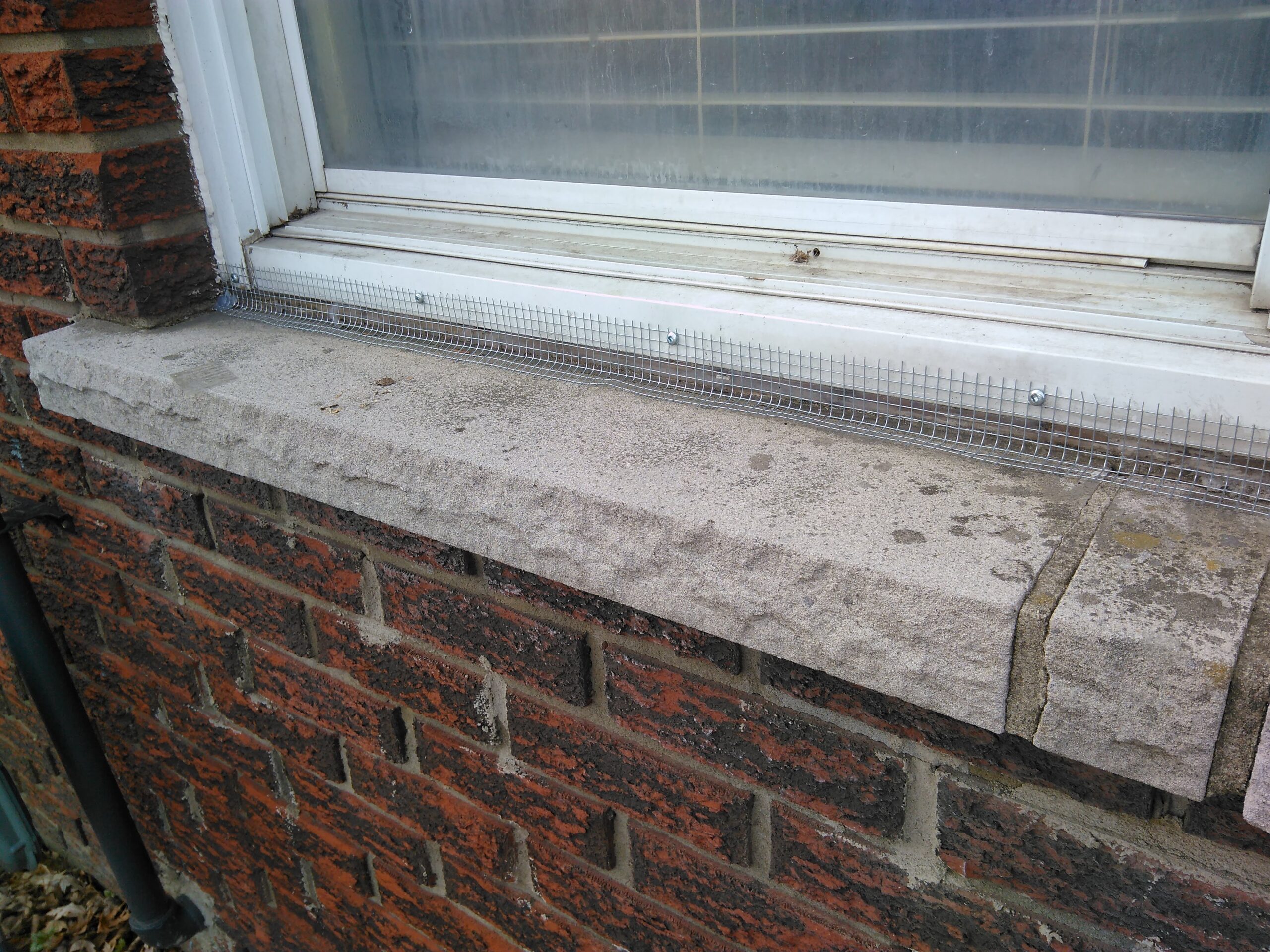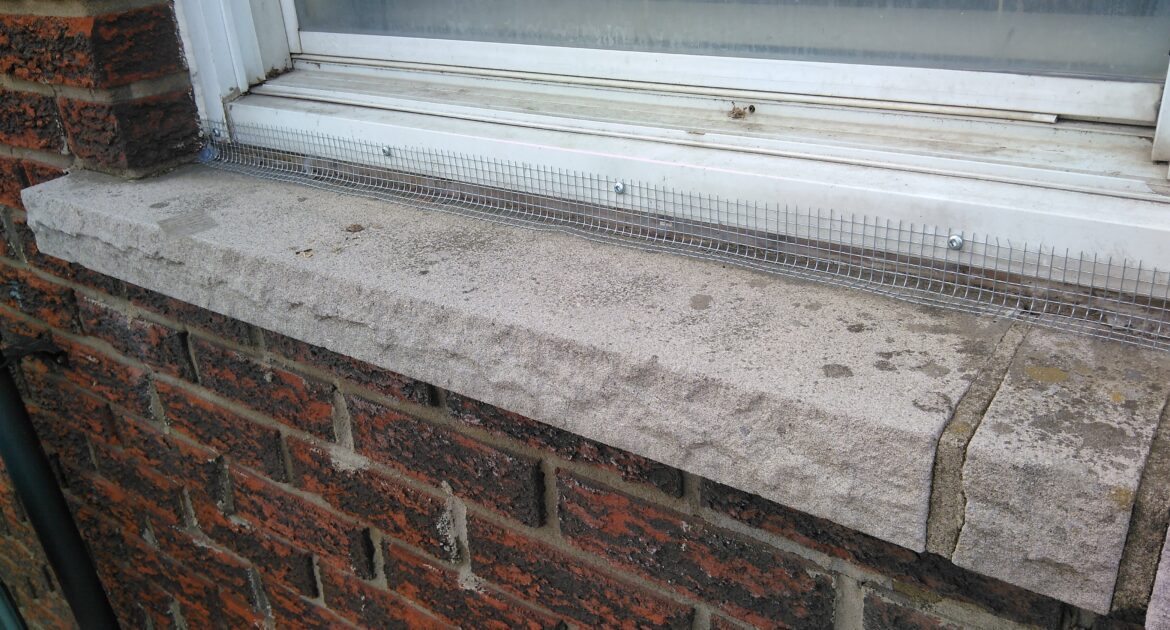Selling a home can be tricky, and even small problems can hurt how much your home is worth. One big issue that many homeowners overlook is the presence of rodents. A rodent infestation impact isn’t just about small animals causing a nuisance—it can actually lower your home’s resale value significantly. Home inspectors and buyers are quick to notice any signs of damage or pests, which can lead to hesitation or even outright rejection when it comes to making a purchase.
The good news is that tackling this issue early can protect your home and its worth. By fixing the problem before it grows, you can reduce repair costs, avoid health risks, and keep potential buyers interested.
That’s where Skedaddle Humane Wildlife Control in Minnesota becomes a helpful partner. With our wildlife control solutions in Plymouth, we can help you act fast and protect your investment. Read on to see how rodents can harm your home and how you can prevent these problems.
How Rodents Cause Damage
Rodents may be small, but the problems they create can be quite serious. One of their top habits is chewing. Animals like mice can gnaw through insulation, walls, and even electrical wires, which are all critical parts of your home. This damage doesn’t just ruin your house’s structure; it can also lead to higher energy bills as your insulation loses its ability to keep your house warm in the winter or cool in the summer.
Then there’s the issue of wires. Electrical damage caused by chewing creates major safety hazards, like the risk of house fires. Fire hazards are not only dangerous but also a big red flag for buyers and inspectors who might shy away from a home with these kinds of risks. Additionally, if rodents chew near your foundation or roof, they can weaken these areas, leading to repairs that are both time-consuming and expensive.
A lot of this damage happens in hard-to-see places, like attics, basements, or inside walls. By the time the destruction becomes visible, it could already be a costly problem. The best way to prevent these surprises is to stay ahead of the problem with proper care and quick action.
Health Risks That Make Buyers Think Twice
Rodents don’t just damage your house—they can also create health concerns. Many rodents carry diseases like hantavirus or salmonella, which can spread through their droppings, urine, or fur. Imagine a buyer walking through your home, worried about countertops that might have been contaminated or flooring that might have been exposed. This type of fear can make them instantly lose interest.
Here are some key concerns about rodents:
- Spread of diseases: Rodents can carry harmful illnesses like hantavirus and salmonella, which can be transmitted through droppings, urine, or fur.
- Air quality issues: Dried droppings can break into tiny particles that float in the air, potentially causing respiratory problems and lowering indoor air quality.
- Increased risks for families: Children and elderly relatives are especially vulnerable to the health risks that come from rodent infestations.
Even if the rodent problem is handled before a sale, the idea that these risks once existed might still worry buyers enough to walk away. When buyers shop for homes, they want to feel safe in their decision. Any hint of danger to their family’s health can drive them to other listings.
Lingering Signs That Scare Buyers
Even after a rodent problem is fixed, the signs left behind can cause issues. Things like stains on walls, chewed corners, or an odd musty smell all hint at past problems. Buyers notice these things right away, and they might start questioning whether the issue has truly been solved, or if the home is hiding bigger issues.
Home inspectors are trained to look for clues like scratched floors, damaged wires, or little burrow holes in unseen areas like attics and crawlspaces. Even finding an old trap you forgot to remove can raise doubts. Once buyers sense there might have been an infestation, it gives them a reason to hesitate—or worse, negotiate the price down.
Removing these traces completely can be tough. Smells, in particular, can be challenging to fix without the proper cleanup tools or experience. Taking care of the issue early and thoroughly lowers the chance of these problems bothering future buyers.
The Financial Side of an Infestation
When selling a house, any sign of pests can have a direct impact on the final selling price. Buyers often negotiate lower offers if they know there’s rodent damage or a history of infestations. They may ask for money to cover repairs or argue that they shouldn’t pay full price for a home that isn’t move-in ready. For sellers, this means walking away with less of a profit.
On top of that, you might already have to spend money on repairs to make the house presentable. Cleaning contaminated areas, fixing chewed materials, and sealing up entry points can add up quickly. If you wait too long to address the issue, you could find yourself paying more than expected.
Having a known history of rodent problems can also make a house sit on the market longer, as buyers may prefer to avoid the risk altogether. To prevent this, it’s much better to address the problem early and efficiently.
Simple Steps to Protect Your Home
Preventing rodent problems is always better—and cheaper—than dealing with the aftermath. Here are some effective strategies to keep your home safe and appealing to buyers in the future.
- Seal Gaps and Openings: Walk around your home’s exterior and look for small cracks or openings. Rodents can squeeze through spaces as tiny as a dime. Use caulk, steel wool, or strong materials to block their way.
- Proper Food Storage: Store any food, including pet food, in airtight containers. Even a few crumbs can attract unwanted visitors. Keeping your kitchen clean and organized will help prevent issues.
- Replace Damaged Items: Fix insulation, wires, and other materials as soon as you notice a problem. Small repairs now are much easier and less expensive than waiting until the damage is out of control.
- Regular Inspections: Check for signs of an infestation in potential problem areas like basements, attics, or crawlspaces. Look for droppings, chewed materials, or entry points.
- Hire a Professional Service: Getting professional help is the most reliable way to prevent and deal with problems. Wildlife control experts can create long-lasting results, so you don’t have to worry about repeat issues.
By following these steps, you’ll keep your home in great condition, making it more appealing to buyers when the time comes to sell.
Take Action Before It’s Too Late
A rodent infestation can create more harm than people realize. It damages your property, creates serious health concerns, and can cost you a lot when selling your home. Buyers are especially cautious, and even small doubts can drive them away. Addressing the problem early is the best way to avoid trouble later.
At Skedaddle Humane Wildlife Control in Minnesota, we’ve helped countless homeowners protect their properties. Our wildlife control solutions in Plymouth work quickly and humanely to remove problems and keep them from coming back. With us, your home will be safer, healthier, and ready to sell.
Don’t wait for small issues to grow into major headaches. Contact us today to request a quote and learn more about protecting your home and its value.




